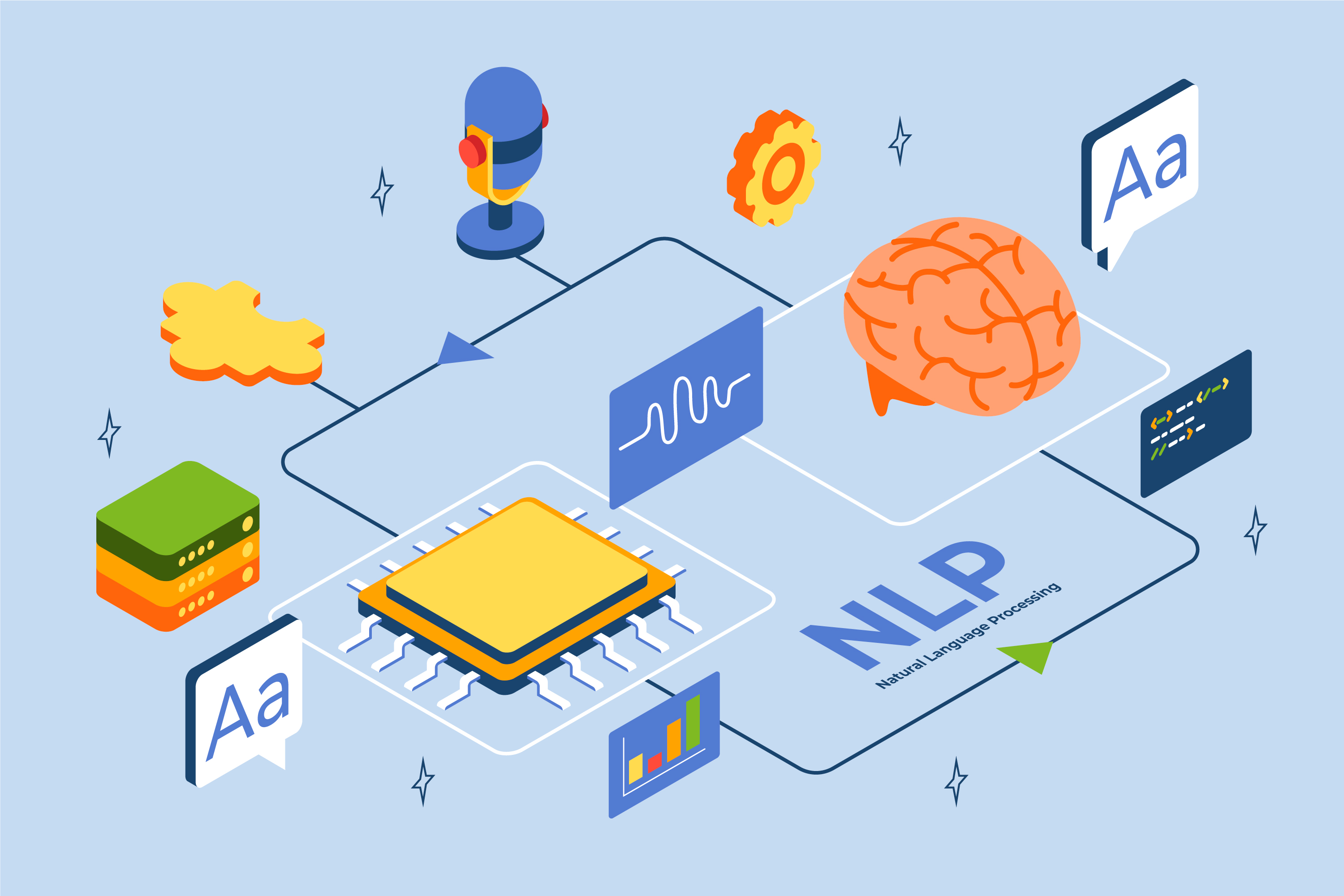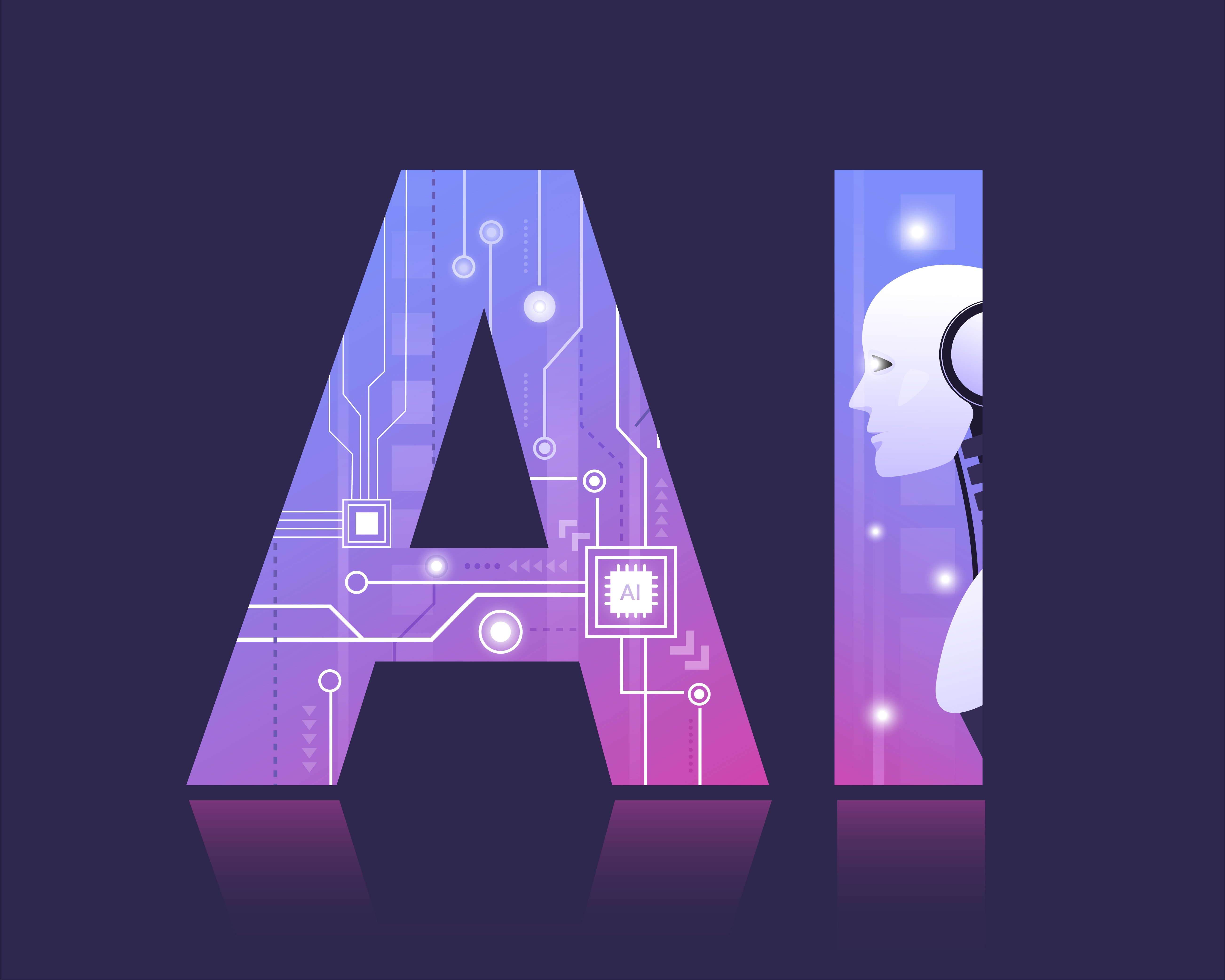
Welcome to the dynamic world of artificial intelligence (AI) and its impact on social media marketing. As we edge closer to 2024, AI’s role becomes not just intriguing but pivotal. This technology, once a frontier for tech companies, has seamlessly woven itself into the fabric of digital marketing strategies. From personalized customer experiences to automated content creation, AI is set to revolutionize how brands interact with audiences on social media platforms. Get ready to explore how this intelligence will usher in new opportunities for efficiency and engagement in the constantly evolving landscape of social media marketing. The Evolution of Social Media Marketing Traditional social society trends, were generally broad and less personalized, focusing more on widespread appeal rather than individual engagement.
With the entry of AI into the scene, social media marketing began to transcend traditional boundaries. AI systems, capable of analyzing vast amounts of data, allow for more refined strategies that cater to specific demographics and individual preferences. This shift not only enhances the precision of marketing campaigns but also improves the scalability of strategies, accommodating the fast-paced evolution of social media dynamics.
AI's capability to analyze user behavior and preferences has revolutionized content creation. By 2024, AI-driven tools will likely automate the creation of customized content that resonates with individual users, enhancing user engagement. This means content that not only looks appealing but is also incredibly relevant to each viewer, potentially increasing conversion rates.
AI enhances the capacity to parse through and interpret complex data sets, leading to more insightful decisions. Marketers can anticipate trends, understand customer behavior, and measure campaign effectiveness with unprecedented precision. This level of analytics can help in fine-tuning marketing strategies, ensuring that resources are used in the most effective manner.
AI technologies like chatbots and customized messaging systems are set to transform how brands engage with their audiences. These tools can provide immediate responses to customer queries and offer personalized shopping advice, creating a seamless and interactive customer experience. By 2022, these AI-driven interfaces will be more adept, potentially handling more complex interactions and fostering deeper connections with users.
Artificial intelligence is redefining customer interactions on social media by employing chatbots that are available 24/7. These AI-driven interfaces can handle inquiries, provide immediate responses, and even resolve common issues without human intervention, vastly improving response times and customer satisfaction. This not only enhances user engagement but also allows brands to manage resources more efficiently, redirecting human efforts to more complex customer service tasks.
AI is set to revolutionize influenderit marketing by making collaborations between brands and influencers more strategic and data-driven. By analyzing vast amounts of data, AI can identify trends and predict the impact of influencer partnerships with unprecedented precision, enabling marketers to maximize ROI. Enhanced matching algorithms will also assist in finding the right influencers whose audiences align perfectly with the brand’s target demographics.
The precision of AI in analyzing user data from social media platforms will lead to more effective targeted advertising strategies. AI algorithms can sift through data to identify patterns and preferences, allowing marketers to tailor ads that resonate deeply with individual users. This capability will not only increase the effectiveness of ads but also improve user experience by reducing irrelevant content, ultimately fostering a more engaging and satisfying online environment.
As AI integrates deeper into social media marketing, concerns about user privacy and data protection are rising. The ability of AI to process vast amounts of personal information can lead to potential misuse if not regulated properly. Companies will need to adhere strictly to data protection laws and build trust by being transparent about how user data is utilized and protected. HRather than relying solely on automation, there is a delicate balance to maintain between leveraging AI for efficiency and retaining the irreplaceable human touch. Personal connections still play a crucial role in social interaction, and over-reliance on AI can make brand interactions feel impersonal and robotic. Brands must strive to blend AI capabilities with human empathy and creativity to keep the social in social media marketing.
The advent of AI in social media marketing demands a shift in the skillsets required in the industry. Professionals will need to adapt by acquiring new competencies such as AI literacy, data analytics, and machine learning understanding. This evolution will likely drive demand for continuous learning and professional development opportunities, as marketers strive to stay relevant in a rapidly changing digital landscape.
Choosing the correct AI tools for your brand is a crucial first step in transforming your social media marketing strategy. To start, identify the main goals you wish to achieve, whether it's enhancing customer engagement, increasing sales through targeted ads, or streamlining content creation. Investigate tools that specialize in these areas—some might be tailored for analytics, while others may excel in content generation or customer service automation. It’s essential to consider the compatibility of these AI tools with your existing platforms and the ease of integration. Additionally, ensure that the AI tool you select adheres to data protection regulations and respects user privacy.
The integration of AI into existing marketing frameworks doesn't have to be daunting. Begin by identifying areas within your strategy that could benefit most from automation and precision, such as data analysis and customer segmentation. Introduce AI features incrementally to allow your team and systems to adapt smoothly. For instance, start with AI-powered analytics to gain deeper insights into consumer behavior, then gradually implement AI-driven content suggestion tools to fine-tune your content strategy. Training your team on how to use these AI tools effectively is also critical, as it ensures that everyone is onboard and skilled enough to leverage AI for optimal results.
Company A: AI-Powered Customer Segmentation
A notable example is Company A, which recently implemented an AI system for customer segmentation. This system analyzes data from social media interactions, purchase history, and other touchpoints to create highly detailed customer profiles. By utilizing AI in this way, Company A has successfully tailored their marketing campaigns to target specific demographics with remarkable accuracy. The result is a significant boost in engagement rates and a measurable increase in ROI from these campaigns.
Company B: AI-Driven Content Optimization
Company B has successfully integrated AI to optimize their social media content. By using AI-driven tools, they analyze the performance patterns of various content types and times of posting to determine what resonates best with their audience. The AI system then suggests adjustments to content strategy, like optimal post times and more engaging formats, which have led to increased follower counts and better engagement rates. This proactive approach to content management means Company have not only enhanced their social media presence but also significantly improved overall campaign performance.
As we approach 2024, the integration of Artificial Intelligence in social media marketing is not just inevitable; it is already under way. This evolution is poised to revolutionize how brands interact with audiences, making communications more personalized, timely, and efficient. Expect AI technologies to provide unprecedented insights into consumer behavior, allowing marketers to tailor content that resonates on a personal level.
AI's ability to analyze vast datasets will offer social media marketers the opportunity to deliver highly personalized content to users. Instead of broad-stroke campaigns, AI can help create micro-targeted ads that connect directly with the individual's preferences, interests, and even purchasing history. Imagine logging onto your favorite platform and finding content and promotions tailored just for you—this level of personalization is what we can expect by 2024.
One of the most exciting prospects of AI in social media marketing is real-time customer interaction. AI-driven chatbots and virtual assistants will standardize instant, 24/7 communication between brands and users. These tools not only engage in human-like conversations but also quickly resolve issues, guide users through purchases, or simply keep them entertained, enhancing customer satisfaction and loyalty.
With AI's predictive capabilities, social media marketers will soon be able to not only understand current trends but also foresee future ones. Leveraging predictive analytics, brands can determine the potential success of a campaign before it even launches. This foresight will minimize risks and maximize returns on investment by ensuring that only the most promising strategies go live. In summary, as we look toward 2024, the social media marketing landscape will be deeply intertwined with AI, setting a new standard for how brands connect with their audience.
As we look towards 2024, the impending revolution in social media marketing through artificial intelligence is not just inevitable, it’s essential. Businesses that hope to stay competitive in a digitally advanced marketplace will find that leveraging AI offers overwhelming advantages from gaining analytical insights to creating more engaging, personalized content. Here are a few key takeaways: - AI dramatically enhances targeting and segmentation. - Content generation becomes more efficient and tailored. - Automation through AI can save time and resources, translating into cost efficiency. By integrating AI into their social media strategies, marketers can unlock new levels of precision and efficiency, helping their brands to not only survive but thrive in the evolving digital landscape. Now is the time to start experimenting and implementing AI tools in order to harness their full potential by the time 2024 rolls around. Embrace this technological change, and you will be well-prepared for the future of marketing.



